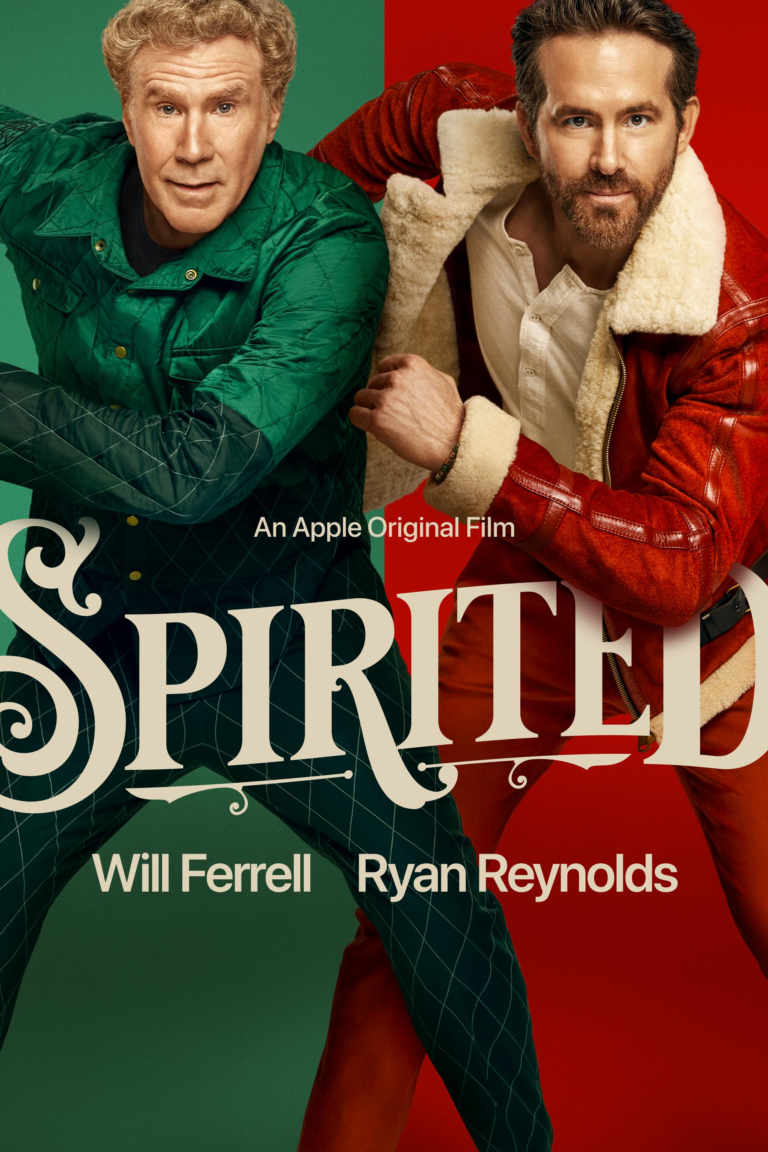The Man Who Shot Liberty Valance Christian Review

You know, sometimes a movie comes along that’s so much more than what it seems on the surface. John Ford’s “The Man Who Shot Liberty Valance” is exactly that kind of film. At first glance, it’s a Western about gunmen, outlaws, and dusty frontier towns, but it’s also a thoughtful meditation on justice, sacrifice, and the messy, often conflicting paths people take to find truth. And if you’re someone who appreciates looking at things from a Christian perspective, well, there’s quite a bit to chew on here.
I’ll be honest, this movie isn’t your typical shoot-‘em-up Western. Sure, it has those elements—there’s gunplay and violence, but it’s more interested in the moral choices people face in a world where laws are more of a suggestion than a rule. There’s something deeply American about it too—this struggle between law and chaos, legend and truth. And for Christian viewers, it’s a film that nudges you to think about bigger issues: Is there ever a place for violence in a just world? What does it mean to sacrifice for the greater good? And, maybe the biggest question of all, when the truth is too painful, is it ever okay to print the legend instead?
Guns and Law: A Messy Frontier
The tension in “The Man Who Shot Liberty Valance” is all about the clash between two very different men. On one side, you’ve got Ransom Stoddard (played by James Stewart), the lawyer who represents order, civilization, and the rule of law. He comes to the lawless town of Shinbone with big dreams of bringing justice to the Wild West. Then there’s Tom Doniphon (John Wayne), the rugged gunslinger who understands that sometimes you can’t talk your way out of a situation. Sometimes, you’ve got to be ready to pull the trigger.
For Christian viewers, this dynamic creates a fascinating moral dilemma. On one hand, we know from Scripture that God ordains governments and laws to keep order in the world (Romans 13:1-4). There’s something right and good about Stoddard’s desire to bring the rule of law to Shinbone, to make it a safer, more just place to live. But on the other hand, we live in a broken, fallen world, and sometimes evil doesn’t bow to the law. Sometimes evil is Liberty Valance (played with chilling menace by Lee Marvin), a man who terrorizes the town with violence and doesn’t care a whit about laws or courts.
And here’s the rub. Can Christians condone violence if it’s in the name of protecting the innocent? In the Bible, we’re told to turn the other cheek (Matthew 5:39), but there are also moments when force is used to stop injustice (think about how Jesus overturned the tables in the temple, or how God used warriors in the Old Testament). So, where does that leave us? The movie doesn’t give you a neat, tidy answer. It’s messy, like life. And maybe that’s the point.
Sacrifice: Doniphon’s Painful Choice
The story isn’t just about law and order though. There’s also a deeply personal story of sacrifice running through the heart of the film, and it’s Tom Doniphon who bears the heaviest burden. Doniphon’s tough, no-nonsense exterior hides a man who loves deeply, even if that love will never be returned. He’s in love with Hallie (Vera Miles), but she’s clearly drawn to Stoddard, the man of law and ideals. This is where the film gets downright heart-wrenching. Doniphon makes a conscious choice to step aside, to let Stoddard take the girl and the glory, knowing that the town’s future depends on it.
For Christians, this kind of selfless sacrifice resonates deeply. Jesus said, “Greater love has no one than this: to lay down one’s life for one’s friends” (John 15:13). Doniphon doesn’t literally lay down his life, but he sacrifices his happiness, his dreams, for the sake of others. There’s something deeply Christ-like about that kind of sacrifice, even if Doniphon isn’t the most obvious role model in other ways. His sacrifice is quiet, uncelebrated, and it costs him everything. But that’s the nature of true love, isn’t it? It’s willing to give up even the things that matter most for the sake of something greater.
The Power of Legend Over Truth
One of the most iconic lines in the movie comes from the town’s newspaper editor, who says, “When the legend becomes fact, print the legend.” And boy, does that line stick with you long after the credits roll. It’s about more than just the story of who shot Liberty Valance; it’s about how we as a society, as humans, are often more interested in the stories we tell than the messy, complicated truth behind them.
In the film, the myth of who killed Valance becomes more important than the reality, and that myth is what shapes the town’s history and future. For Christians, this raises some thorny questions. We’re called to be people of truth—Jesus said, “I am the way and the truth and the life” (John 14:6). So, can we ever justify bending the truth for the sake of the greater good, or to make a more compelling story? Is it okay to let the legend stand when the truth might cause more harm?
The film doesn’t give easy answers, and maybe that’s why it’s so powerful. In the world of Shinbone, truth and legend are tangled together in a way that reflects the real world. And sometimes, as uncomfortable as it is, we’re left wrestling with the tension between them.
Violence in a Fallen World
Violence is another theme that’s hard to ignore in this film. Liberty Valance is a symbol of unchecked evil, a man who uses violence to maintain control. The town of Shinbone is terrified of him, and it becomes clear that something has to be done. But here’s where things get tricky for a Christian audience. The Bible teaches us to seek peace and turn the other cheek, but it also acknowledges that sometimes evil must be confronted directly. Is there a place for violence in a world that seeks justice?
The film suggests that sometimes, in the face of men like Liberty Valance, force is the only language that will be understood. But it also doesn’t glorify violence. Instead, it shows the deep emotional and moral costs that come with taking a life, even if it’s justified. For Christians, this is a reminder that while violence may sometimes be necessary in a fallen world, it is never something to be celebrated.
A Bittersweet Romance and the Pain of Regret
Beyond the moral and philosophical debates, “The Man Who Shot Liberty Valance” is also a deeply personal story of love, regret, and the choices that shape our lives. The romantic triangle between Stoddard, Doniphon, and Hallie adds an emotional depth to the film’s larger themes. Hallie’s choice between the two men isn’t just about love; it’s about choosing the future she wants for herself and for the town.
The film doesn’t shy away from the pain of unfulfilled love and regret. Doniphon’s unrequited love for Hallie is a bitter pill to swallow, and the film’s ending carries a sense of melancholy. In life, not all stories have happy endings, and sometimes we’re left wondering what might have been. For Christians, this is a reminder that our ultimate hope isn’t found in earthly relationships or accomplishments but in the love and sacrifice of Christ, who gave everything for us.
Final Thoughts
“The Man Who Shot Liberty Valance” is a film that works on many levels. It’s a classic Western, yes, but it’s also a rich exploration of justice, truth, sacrifice, and love. For Christian viewers, it offers plenty to think about—especially when it comes to the tension between law and violence, the power of myth, and the cost of true sacrifice.
Rating: 8/10. It’s a thoughtful, challenging film that will leave you reflecting long after the credits roll. There’s a lot here to appreciate, even if it raises more questions than it answers.




